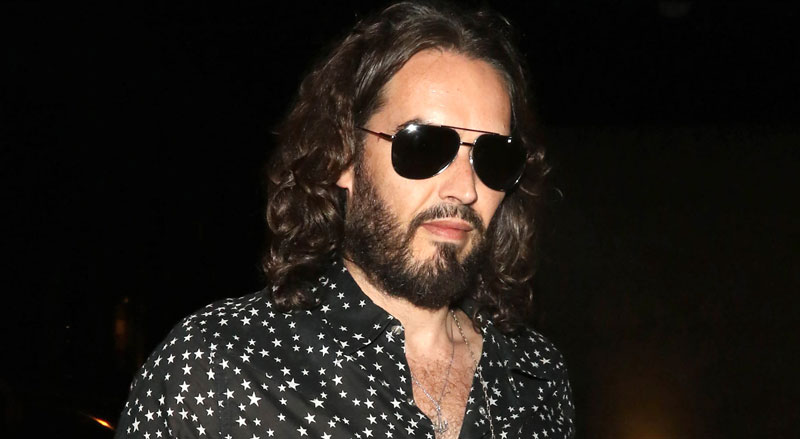Zelenskyy says Ukrainian offensive advancing as Belgorod declares emergency | Russia-Ukraine war News
Ukrainian President Volodymyr Zelenskyy has said an incursion into the Russian region of Kursk has been achieving its strategic goals, with Russia swiftly pushing back on the claims.
In a Telegram post on Wednesday, Zelenskyy said Ukrainian troops had advanced between one and two kilometres in various areas of Russia throughout the day.
He said 100 Russian soldiers had been captured in the surprise invasion, which began last week.
In his nightly address, Zelenskyy called the operation a “good advance”, while appealing to Western allies to allow Ukrainian forces to use long-range missiles they have provided to strike targets deeper inside of Russia.
Western officials have largely resisted those appeals for fear of a wider escalation with Russia, with some exceptions.
“The bolder the partners’ decisions, the less Putin can do,” Zelenskyy said.
All told, Ukraine has said it currently controls about 1,000 square kilometres (390 square miles) of Russian territory. Interior Minister Ihor Klymenko has said the offensive has created a “buffer zone” that is “designed to protect our border communities from daily enemy attacks”.
Russian President Vladimir Putin has vowed to push out the Ukrainian troops. He has described the offensive as a Western-backed scheme to give Kyiv a stronger hand in possible future ceasefire talks.
Russian officials have also pushed back on the claims that Kyiv’s incursion was shifting the equation in the war, which has stretched on since Russia invaded Ukraine in February 2022.
They have accused Ukrainian forces of killing civilians in the assault, a charge that Kyiv has denied.
On Wednesday, Russian Foreign Ministry spokesperson Maria Zakharova said the offensive has not diverted Russian forces from the Donbas and Slobozhanshchina regions, areas where Ukrainian forces have been pounded by Russian shelling in recent weeks.
“Zelenskyy’s regime has not achieved its main goal – to distract Russian armed forces from Donbas and Slobozhanshchina,” she said in a statement on the Foreign Ministry’s website.
Meanwhile, Moscow said it had shot down 117 Ukrainian drones flying over Russia overnight, with the vast majority in the Kursk region. Others were shot down in the Voronezh, Belgorod and Nizhny Novgorod regions.
Russia’s Defence Ministry said Russian forces had also repelled a series of Ukrainian attacks inside the Kursk region, with state television claiming Moscow’s forces were turning the tide, showing footage of attacks on Ukrainian positions and evacuations of Russian civilians.
State of emergency in Bolgorod
Also on Wednesday, the Russian border region of Belgorod, which borders Kursk to the south, declared a state of emergency.
Governor Vyacheslav Gladkov described the situation there as “extremely difficult and tense”, saying attacks had destroyed homes and caused civilian casualties, unnerving locals.
Gladkov said on his Telegram channel that children were being moved to safety, adding that about 5,000 children were in camps in safe areas. He said the previous day that roughly 11,000 people had fled their homes, with about 1,000 staying in temporary accommodation centres.
In total, Russia has said it has already evacuated around 200,000 people from the border regions.
With fears of the humanitarian toll growing, Ukrainian Deputy Prime Minister Iryna Vereshchuk on Wednesday said Kyiv would open humanitarian corridors for the evacuation of civilians, “both in the direction of Russia and in the direction of Ukraine”.
Ukrainian officials said Kyiv would also arrange access for international humanitarian organisations, likely to include the International Committee of the Red Cross and the United Nations.
Speaking to Al Jazeera, Pavel Felgenhauer, a defence analyst and columnist for the Russian newspaper Novaya Gazeta, said that Kyiv’s incursion represents a wider failure of Russian intelligence.
Still, he said the move “is not entirely changing the face of war”.
“It’s a big surprise for the West that Ukraine had gathered such a capability for an offensive action. I think it was a surprise to many in Kyiv, actually,” Felgenhauer told Al Jazeera.
“They have grabbed territory, they have mixed up Russian overall plans, but this offensive in the north and this breakthrough has not yet brought strategic fruit,” he said.
Western allies have denied prior knowledge of the offensive for fear of a direct confrontation between Russia and members of NATO.
On Tuesday, US President Joe Biden said United States officials were in constant touch with Kyiv over the incursion, although the White House has maintained Washington had not received advance notice and had no involvement.
Several Russian officials have said it was unlikely Ukraine’s close Western allies were not made aware of the plan.
The Kursk assault is the largest attack on Russian soil since World War II. Military analysts say it could involve as many as 10,000 Ukrainian troops backed by armour and artillery.

